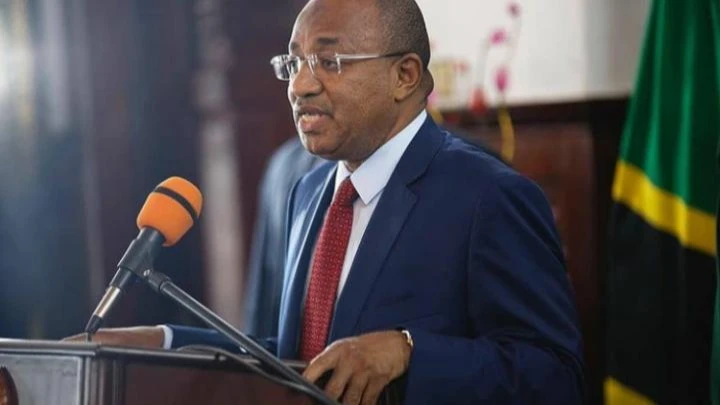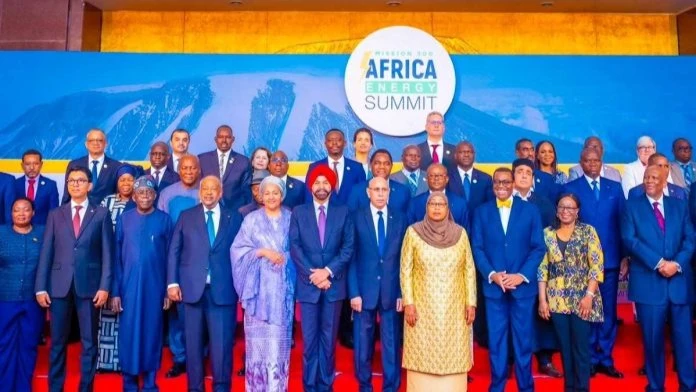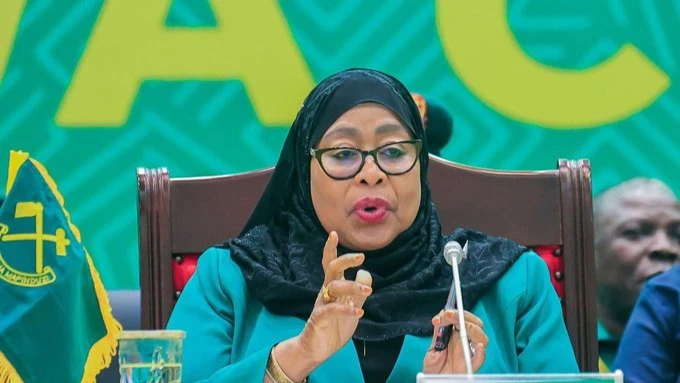Discussing Zanzibar channel trade barriers points to the right direction

Zanzibar President Dr Hussein Ali Mwinyi has recently had an audience in Zanzibar with the national Presidential Commission on Tax Reforms, the ‘heart and soul’ of the agenda relating to Union tax issues.
Evidently, it isn’t at that level that actual bits and pieces of tax demands at ports of entry or shops can be tabled, but there are all the same crucial issues of principle.
It is whether it is taxation between two countries or extended taxation in the same country, only at one point, then recognized without further demands on another local entry port.
The Union government commission needs to find tax reform proposals that are palatable to the Zanzibar and Union authorities, where the onus is on the Union authorities to bring down onerous tax demands so that Zanzibar becomes an extension of the local customs and excise regime but not a special third party.
Instituting East African Community customs protocols into use at the start of the past decade diminished cross-channel differences to a large extent. Even then Zanzibar did not restore its past trade hub for the Mainland.
Therefore, at the third or so preliminary round meetings with commission panel members, much of what is being said is still fairly general.
The Zanzibar leader expressed belief that proposed reforms would transform the tax systems on both sides of the Union, ultimately improving business operations and tax-related matters. Highly laudable optimism this was.
What is especially instructive there is the transformation projection though in typical multilateral ‘double talk’ it was preceded by strengthening, then transforming, tax systems in both parts of the Union.
Diplomatically, it suggests that while respecting the wish to strengthen institutions, transforming the conduct of tax administration by the Union authorities is seen as essential.
One notable observation was obtained from Zanzibar’s First Vice President, Othman Masoud Othman, who objected to the prevailing tax system, allowing for the proliferation of taxes managed by specific authorities.
What he did not go as far as actually declaring is that those authorities need to be left with regulatory or procedural roles, while taxation is consolidated and simplified. That is if the government decided on altering its policy anchor from commercial parastatals to markets.
Still, the Zanzibar opposition national unity government partner pointed at multiple tax authorities as significantly inconveniencing for businesses. Just how far the panel of experts in the commission are in a position of finding answers is hard to say, as taxation arises from monopoly.
The opposition leader notably noted that several airlines offer numerous job opportunities but aviation requires tax reforms to improve efficiency and substantially benefit the country.
He was of the view that air transport need not remain accessible only to the wealthy, and so reform is a matter of necessity if we are to foster growth in the sector.
It is rather difficult to see such ideas taken up, as the dominant viewpoint may treat vast government subsidies in that sphere with some preference whereas, if the airlines referred had extended their wings, the fares would be far more competitive.
As often happens, this could also be the case of compromises not being all that visible but still the palaver being beneficial.
Top Headlines
© 2025 IPPMEDIA.COM. ALL RIGHTS RESERVED

















